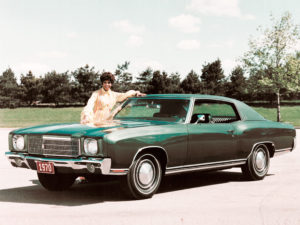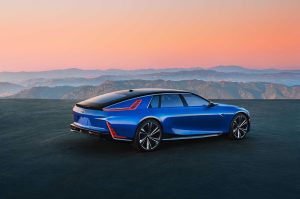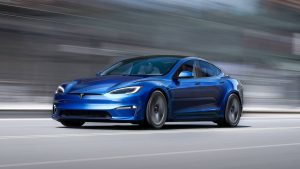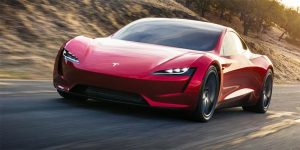Editor’s Note: After sources from Volkswagen confirmed this story on backgroundto reporters on March 29, 2021, the company’s spokespeople went on the record on March 30, 2021 to explain that the name change is merely an April Fool’s joke gone awry.
The brand currently known as Volkswagen is going all-in on electric vehicles. The company’s commitment to the powertrain change is so strong that they’ve decided to change their name from Volkswagen to Voltswagen, replacing the “k” with a “t”.
The change was announced in an apparent public relations slip-up on the company’s media page with a press release publishing today, March 29, instead of the intended date of April 29. The release was quickly pulled down. The change has been confirmed by the automaker and was first reported by USA Today.
According to mis-timed press release, Volkswagen’s electric vehicles (EVs) will be badged ‘Voltswagen’ while gasoline-powered autos will wear the typical VW badge.
Volkswagen says that a version of its ID Buzz vehicle is coming to the U.S. later this decade.
Photo courtesy of Volkswagen AG
Volkswagen is currently amplifying its electric vehicle sales strategy going full steam into launching models like the ID.4, a small SUV, and promising that a production version of the ID Buzz, an electric concept that has its roots in the Volkswagen Bus, will make its way to U.S. shores as an electric vehicle.
Volkswagen Group, the brand’s parent company, also owns Audi, which has developed an E-tron vehicle lineup that includes the E-Tron, E-Tron Sportback, E-Tron GT, and the forthcoming production version of the Q4 Sportback E-Tron concept car. Porsche, another Volkswagen Group brand, recently launched the Taycan all-electric sports car and the Taycan Cross Turismo wagon is on its way. Even sister company Lamborghini is getting in on the electrified powertrain bandwagon.
The automaker has plans to launch more than 70 electric vehicles worldwide by 2029 and sell 1 million by 2025. Those are lofty goals, though much of the optimism surrounding the target is bolstered by continuing government clampdowns that make driving gasoline- and diesel-powered vehicles more costly and scarce. These regulations most strictly affect European nations and China.
Though electric vehicles are growing in popularity, in many cases because of government incentives, Americans are only very slowing getting on-board with adoption. Take out Tesla sales and EVs represent very few sales in the U.S. at the moment. Click here to see a history of Volkswagen’s modern electric vehicle development.








